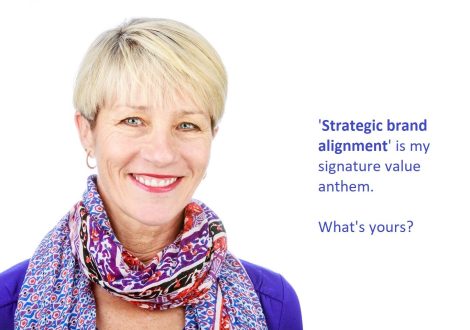As a leader, every conversation you have with your team is an opportunity to connect, align and move people towards shared goals. Yet often our conversations drift into a monologue or go off track and we lose the chance to engage, commit and act together.
The work of Dr Fernando Flores of Chile, a leader in business process design, cognition and education, laid the foundation for much of today’s thinking around action workflow and commitment management theory1.
In his seminal book Conversations for Action and Collected Essays, Flores argues that action depends on commitments and commitments are borne in conversation. His framework provides a pathway for developing more effective, productive relationships in the workplace and shows how to make clear commitments that enable value to be created.
Three types of conversations
The type of conversation you need to have as a leader depends on the outcome you want to achieve.
Flores frames conversation into three distinct types:
- Conversations for relationship
These are about building rapport, trust and connection. They might be informal, not strictly work-task-oriented, or aimed at establishing shared interests, values or ways of working together.
When you notice poor team alignment, lack of cohesion or siloed teams, have a conversation for relationship. Ask, ‘What matters to you?’, ‘How do you like to work?’, ‘How could we work better together?’ or ‘What do you value about being on this team?’
- Conversations for possibility
These are about exploring what could be. They involve speculating, brainstorming, identifying options, considering scenarios and sketching future states.
When your team needs to innovate, challenge the status-quo or pivot, this conversation invites opportunity and helps participants take ownership of a potential future.
- Conversations for action
These are all about getting things done. The focus is on plans, tasks, decisions, roles, responsibilities, timelines and resources.
When you already have team clarity and alignment around the problem and what’s needed to address it, this conversation drives commitment, execution and accountability.
Structure for having conversations for action
Flores developed a powerful four-part framework for structured conversations that lead to action.
Insert image
The four steps are:
- Request
The requester (the ‘customer’ or initiating person) asks a clear request of another. The recipient clarifies the request and the conditions for satisfaction, ensuring expectations are clearly understood.
- Negotiation
The recipient responds in one of four ways: ‘I accept’ or ‘I decline’ or ‘I commit to commit’ or ‘I will make a counter-offer’. This negotiation stage ensures a definitive commitment to deliver, decline or redefine.
- Performance
Once commitment is secured, the recipient performs the action. When done, they declare completion to the requester.
- Acceptance
The requester evaluates the output against the agreed conditions of satisfaction. They signal acceptance or not. If the output isn’t acceptable, a new conversation begins.
When you sustain this conversation loop, you build a culture of commitment, alignment and accountability rather than one of default conversations, loose intentions and fragmented action.
Practical next steps
Before your next conversation, ask yourself, ‘What do I want this conversation to create?’
- Do you want clarity so everyone shares the same goal or vision?
- Do you want connection so people feel aligned around the why and the way?
- Do you want commitment so people say yes and mean it, and you have the mechanisms for follow-through?
When your purpose and outcome are clear, every conversation becomes a catalyst for progress and shared success.
PS – Approach all conversation types with curiosity, empathy and open-mindedness.
1https://conversationsforaction.com/fernando-flores
©Ros Weadman 2025
If you’d like to explore a tailored training for having intentional, strategic conversations that build team cohesion, connection and commitment, contact Ros Weadman via [email protected].



